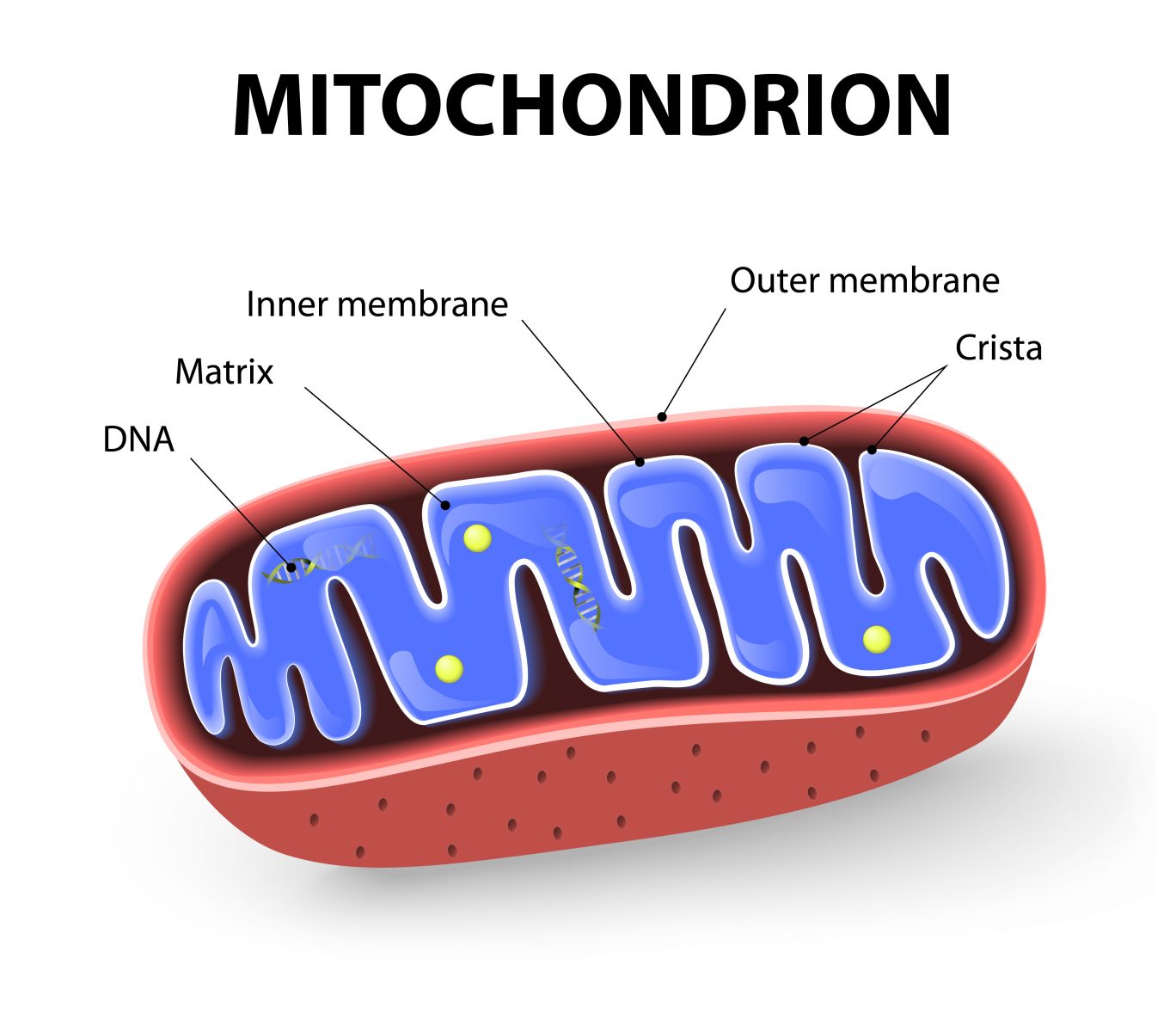The mitochondria are the powerhouse of the cell, providing energy for all of the cellular work that needs to be done. Could understanding these energy-packing organelles provide the clues needed to treat high blood pressure, clogged arteries and diabetes? Some scientists think so.
Mitochondria provide a useful service to the body by making the energy-rich molecule, adenosine triphosphate (ATP). Sometimes in doing this they also cause reactive oxygen species — also known as oxidative stress. Oxidative stress isn’t harmful if anti-oxidants can mop up the mess before cells become damaged by oxidation and free radicals. But sometimes in diseases such as diabetes, free radicals are produced faster than they can be removed. In these cases, mitochondria transform from friends to foes and contribute to many problems in the body.
Antioxidant treatment, however, could help.
[adrotate banner=”13″]
Researchers at Addenbrooke’s Hospital in Cambridge, UK wanted to test whether MitoQ could decrease mitochondrial oxidative damage in animal models of atherosclerosis and metabolic syndrome. Metabolic syndrome is characterized by high blood pressure, abdominal fat, unhealthy cholesterol levels and high blood sugar. It can be a model for diabetes.
In their report, published in the journal Free Radical Biology and Medicine, the researchers noted that “MitoQ administered orally for 14 weeks prevented the increased adiposity, hypercholesterolemia, and hypertriglyceridemia associated with the metabolic syndrome. MitoQ also corrected hyperglycemia and hepatic steatosis, induced changes in multiple metabolically relevant lipid species, and decreased DNA oxidative damage (8-oxo-G) in multiple organs.”
MitoQ therefore seemed to correct many problems associated with artherosclerosis and metabolic syndrome, including high blood sugar, fatty liver, as well as unhealthy levels of cholesterol and molecules associated with cholesterol. The scientists also noted that MitoQ reduced oxidative stress in these animals.
They concluded in their paper that “These findings strengthen the growing view that elevated mitochondrial [oxidative stress] contributes to the etiology of the metabolic syndrome and suggest a potential therapeutic role for mitochondria-targeted antioxidants.”
Targeting the mitochondria and reducing mitochondrial-induced oxidative stress may be a good strategy for preventing or treating atherosclerosis, metabolic syndrome and diabetes. MitoQ is one preventative supplement that may be useful for warding off these problems, based on its known effects of preventing oxidative free radical production in the mitochondria. Further additional studies in humans will be useful for understanding how MitoQ might prevent or treat disease.


